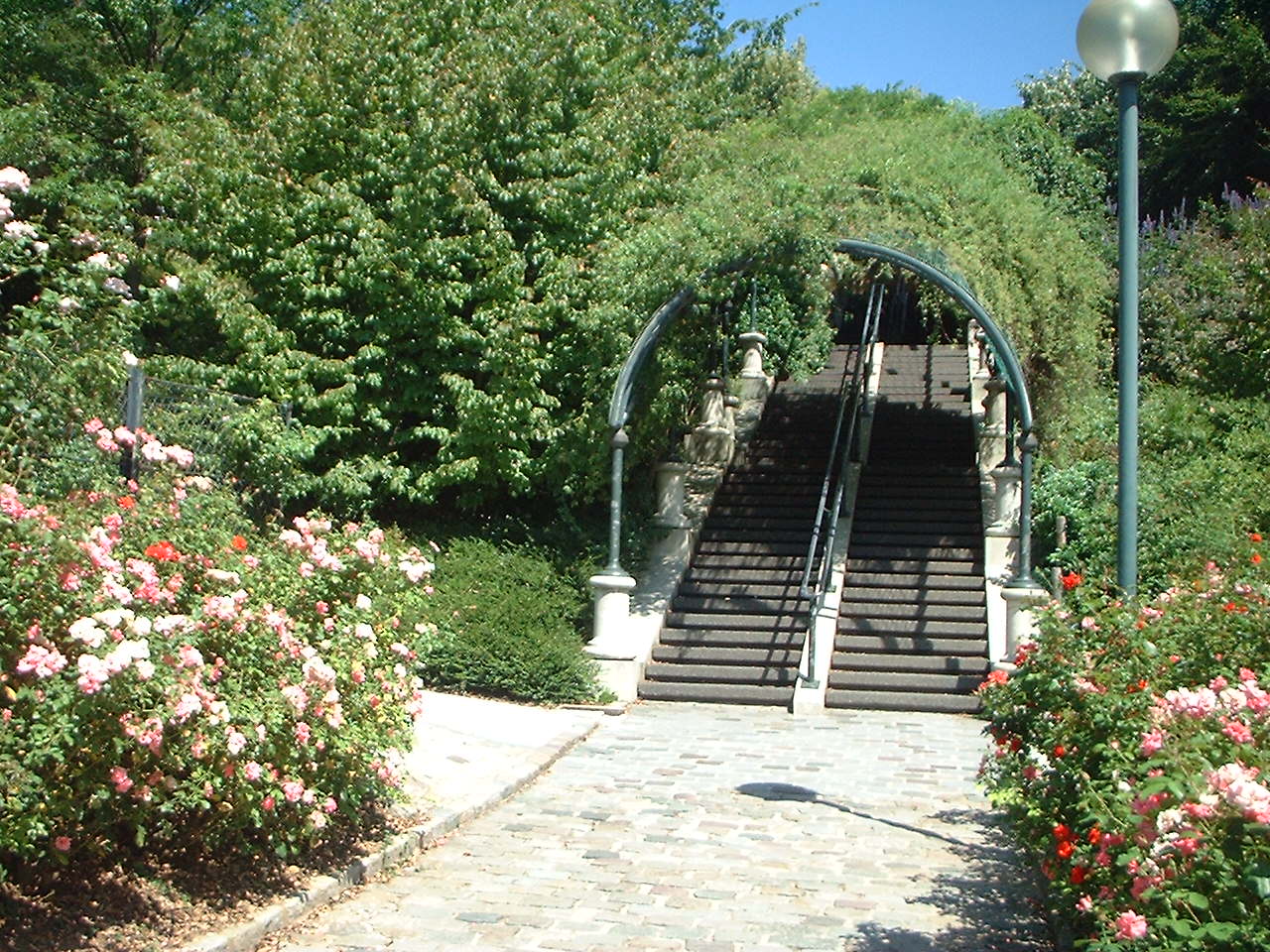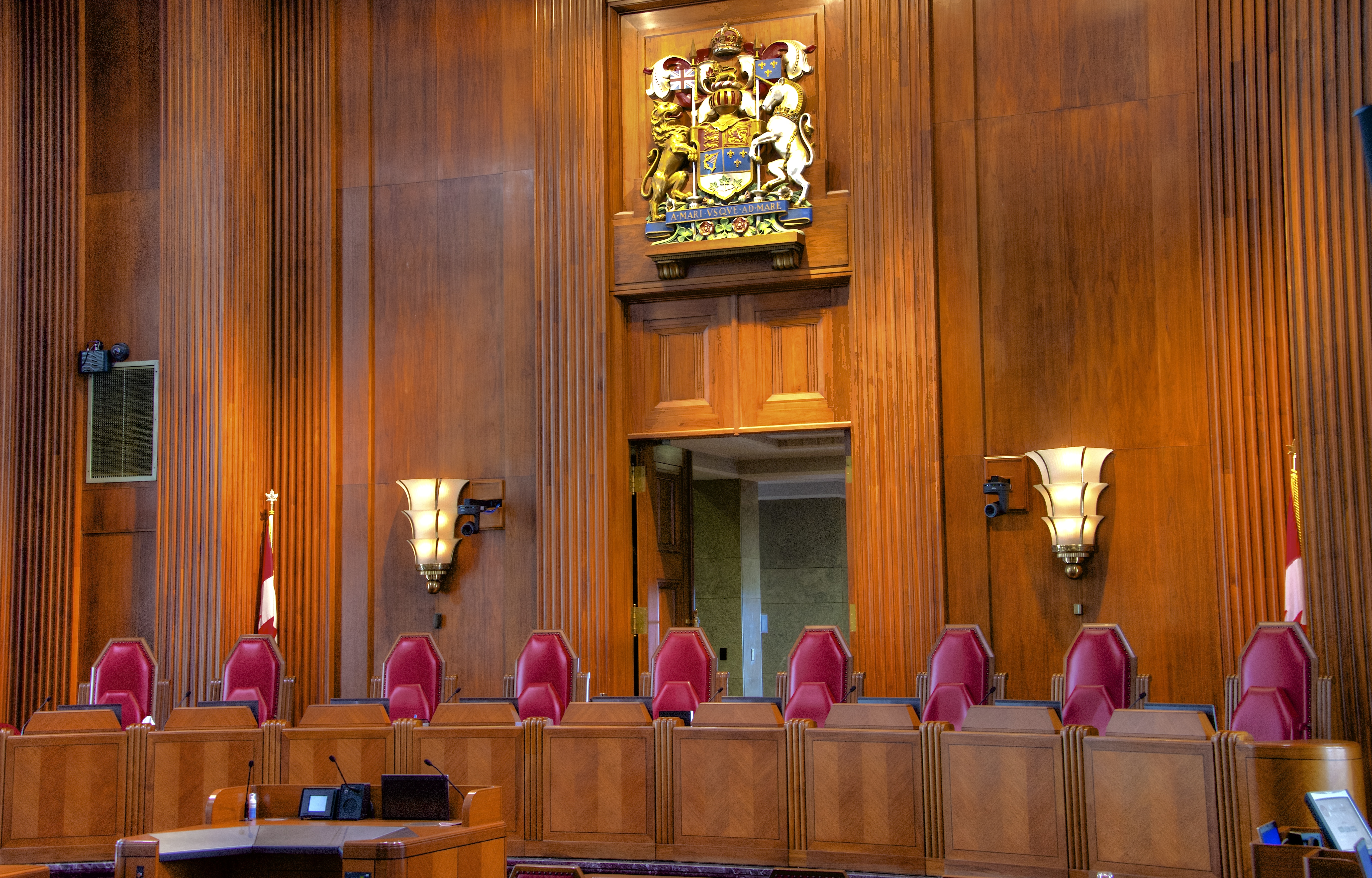|
Killing Of Sarah Halimi
Sarah Halimi was a retired French physician, doctor and schoolteacher who was attacked and killed in her apartment on 4 April 2017. Circumstances surrounding the killing—including the fact that Halimi was Jewish, and that the assailant (Kobili Traoré) had shouted ''Allahu akbar'' during the attack and afterward proclaimed "I killed the Shaitan"—cemented the public perception, particularly among the French Jewish community, that it was a stark example of Antisemitism in 21st-century France, antisemitism in modern France. For several months the government of France, government and some of the media hesitated to label the killing as antisemitic, drawing criticism from public figures such as Bernard-Henri Lévy. The government eventually acknowledged an antisemitic motivation for the killing. The assailant was declared to be not criminally responsible when the judges ruled he was undergoing a psychotic episode due to cannabis consumption, as established by an independent psychiat ... [...More Info...] [...Related Items...] OR: [Wikipedia] [Google] [Baidu] |
Belleville, Paris
Belleville () is a neighbourhood of Paris, France, parts of which lie in four different arrondissements of Paris, arrondissements. The major portion of Belleville straddles the borderline between the 20th arrondissement of Paris, 20th arrondissement and the 19th arrondissement of Paris, 19th along its main street, the ''Rue de Belleville''. The remainder lies in the 10th arrondissement of Paris, 10th and 11th arrondissement of Paris, 11th arrondissements. It was once the independent commune in France, commune (municipality) of Belleville (commune), Belleville which was annexed by the City of Paris in 1860 and divided between two arrondissements. Geographically, the neighborhood is situated on and around a hill which ties with Montmartre as the highest in Paris. The name Belleville literally means "beautiful town". History Historically, Belleville was a working-class neighborhood. People living in the independent village of Belleville played a large part in establishing the S ... [...More Info...] [...Related Items...] OR: [Wikipedia] [Google] [Baidu] |
Mali
Mali, officially the Republic of Mali, is a landlocked country in West Africa. It is the List of African countries by area, eighth-largest country in Africa, with an area of over . The country is bordered to the north by Algeria, to the east by Niger, to the northwest by Mauritania, to the south by Burkina Faso and Ivory Coast, and to the west by Guinea and Senegal. The population of Mali is about 23.29 million, 47.19% of which are estimated to be under the age of 15 in 2024. Its Capital city, capital and largest city is Bamako. The country has 13 official languages, of which Bambara language, Bambara is the most commonly spoken. The sovereign state's northern borders reach deep into the middle of the Sahara, Sahara Desert. The country's southern part, where the majority of inhabitants live, is in the Sudanian savanna and has the Niger River, Niger and Senegal River, Senegal rivers running through it. The country's economy centres on agriculture and mining with its most promine ... [...More Info...] [...Related Items...] OR: [Wikipedia] [Google] [Baidu] |
European Court Of Human Rights
The European Court of Human Rights (ECtHR), also known as the Strasbourg Court, is an international court of the Council of Europe which interprets the European Convention on Human Rights (ECHR). The court hears applications alleging that a contracting state has breached one or more of the human rights enumerated in the convention or its optional protocols to which a member state is a party. The court is based in Strasbourg, France. The court was established in 1959 and decided its first case in 1960 in ''Lawless v. Ireland''. An application can be lodged by an individual, a group of individuals, or one or more of the other contracting states. Aside from judgments, the court can also issue advisory opinions. The convention was adopted within the context of the Council of Europe, and all of its member states of the Council of Europe, 46 member states are contracting parties to the convention. The court's primary means of judicial interpretation is the living instrument doctrine, ... [...More Info...] [...Related Items...] OR: [Wikipedia] [Google] [Baidu] |
Supreme Court
In most legal jurisdictions, a supreme court, also known as a court of last resort, apex court, high (or final) court of appeal, and court of final appeal, is the highest court within the hierarchy of courts. Broadly speaking, the decisions of a supreme court are binding on all other courts in a nation and are not subject to further review by any other court. Supreme courts typically function primarily as appellate courts, hearing appeals from decisions of lower trial courts, or from intermediate-level appellate courts. A supreme court can also, in certain circumstances, act as a court of original jurisdiction. Civil law (legal system), Civil law states tend not to have a single highest court. Some federations, such as the United States, also do not have a single highest court. The highest court in some jurisdictions is not named the "Supreme Court", for example, the High Court of Australia. On the other hand, in some places the court named the "Supreme Court" is not in fact th ... [...More Info...] [...Related Items...] OR: [Wikipedia] [Google] [Baidu] |
Paris Court Of Appeal
The Court of Appeal of Paris (, ) is the largest appeals court in France in terms of the number of cases brought before it. Its jurisdiction covers the departments of Paris, Essonne, Yonne, Seine-et-Marne, Seine-Saint-Denis, and Val-de-Marne. The Court is housed in the Palais de Justice of Paris. Jacques Degrandi has been the president of the Court since 2010. See also *Court of Cassation (France) *Judiciary of France Status and organisation France's independent court system enjoys special statutory protection from the executive branch. Procedures for the appointment, promotion, and removal of judges vary depending on whether it is for the ordinary ("") or t ... * The Malaysia-Sulu Case References External links * Courts and tribunals with year of establishment missing Courts in France Organizations based in Paris Legal entities {{France-org-stub ... [...More Info...] [...Related Items...] OR: [Wikipedia] [Google] [Baidu] |
The Times Of Israel
''The Times of Israel'' (ToI) is an Israeli multi-language online newspaper that was launched in 2012 and has since become the largest English-language Jewish and Israeli news source by audience size. It was co-founded by Israeli journalist David Horovitz, who is also the founding editor, and American billionaire investor Seth Klarman.Forbes: The World's Billionaires: Seth Klarman . April 2014. Based in , it "documents developments in Israel, the Middle East and around the Jewish world." Along with its original English site, ... [...More Info...] [...Related Items...] OR: [Wikipedia] [Google] [Baidu] |
Examining Magistrate
An examining magistrate is a judge in an inquisitorial system of law who carries out pre- trial investigations into allegations of crime and in some cases makes a recommendation for prosecution. Also known as an investigating magistrate, inquisitorial magistrate, or investigating judge, the exact role and standing of examining magistrates varies by jurisdiction. Common duties and powers of the examining magistrate include overseeing ongoing criminal investigations, issuing search warrants, authorizing wiretaps, making decisions on pretrial detention, interrogating the accused person, questioning witnesses, examining evidence, as well as compiling a dossier of evidence in preparation for trial. Investigating judges in France have an important role in the French judiciary. They are also a feature of the Spanish, Dutch, Belgian and Greek criminal justice systems, although the extent of the examining magistrate's role has generally diminished over time. Since the late 20th and ea ... [...More Info...] [...Related Items...] OR: [Wikipedia] [Google] [Baidu] |
Antisemitic
Antisemitism or Jew-hatred is hostility to, prejudice towards, or discrimination against Jews. A person who harbours it is called an antisemite. Whether antisemitism is considered a form of racism depends on the school of thought. Antisemitic tendencies may be motivated primarily by negative sentiment towards Jews as a people or negative sentiment towards Jews with regard to Judaism. In the former case, usually known as racial antisemitism, a person's hostility is driven by the belief that Jews constitute a distinct race with inherent traits or characteristics that are repulsive or inferior to the preferred traits or characteristics within that person's society. In the latter case, known as religious antisemitism, a person's hostility is driven by their religion's perception of Jews and Judaism, typically encompassing doctrines of supersession that expect or demand Jews to turn away from Judaism and submit to the religion presenting itself as Judaism's successor faith—thi ... [...More Info...] [...Related Items...] OR: [Wikipedia] [Google] [Baidu] |
Minister Of The Interior
An interior minister (sometimes called a minister of internal affairs or minister of home affairs) is a cabinet official position that is responsible for internal affairs, such as public security, civil registration and identification, emergency management, supervision of regional and local governments, conduct of elections, public administration and immigration (including passport issuance) matters. This position is head of a department that is often called an interior ministry, a ministry of internal affairs or a ministry of home affairs. In some jurisdictions, there is no department called an "interior ministry", but the relevant responsibilities are allocated to other departments. Remit and role In some countries, the public security portfolio belongs to a separate ministry (under a title like "ministry of public order" or "ministry of security"), with the interior ministry being limited to control over local governments, public administration, elections and similar matte ... [...More Info...] [...Related Items...] OR: [Wikipedia] [Google] [Baidu] |
Arrondissement
An arrondissement (, , ) is any of various administrative divisions of France, Belgium, Haiti, and certain other Francophone countries, as well as the Netherlands. Europe France The 101 French departments are divided into 342 ''arrondissements'', which may be roughly translated into English as districts. The capital of an arrondissement is called a subprefecture. When an arrondissement contains the prefecture (capital) of the department, that prefecture is the capital of the arrondissement, acting both as a prefecture and as a subprefecture. Arrondissements are further divided into cantons and communes. Municipal arrondissement A municipal arrondissement (, pronounced ), is a subdivision of the commune, used in the three largest cities: Paris, Lyon, and Marseille. It functions as an even lower administrative division, with its own mayor. Although usually referred to simply as an "arrondissement", they should not be confused with departmental arrondissements, whic ... [...More Info...] [...Related Items...] OR: [Wikipedia] [Google] [Baidu] |
Investigating Judge (France)
In French criminal law, the investigation phase (') in a criminal proceeding is the procedure during which an investigating judge () gathers evidence on the commission of an offense and decides whether to refer the persons charged to the trial court. The investigating judge is the first instance of investigation. In the second instance (appeals), the investigating chamber of the French courts of appeal have jurisdiction. They rule on appeals of decisions by the investigating judges and of decisions by the liberty and custody judge (). Background Inquisitorial system In an inquisitorial system, the trial judges (mostly plural in serious crimes) are inquisitors who actively participate in fact-finding public inquiry by questioning defense lawyers, prosecutors, and witnesses. They could even order certain pieces of evidence to be examined if they find presentation by the defense or prosecution to be inadequate. Prior to the case getting to trial, investigating judges partic ... [...More Info...] [...Related Items...] OR: [Wikipedia] [Google] [Baidu] |







